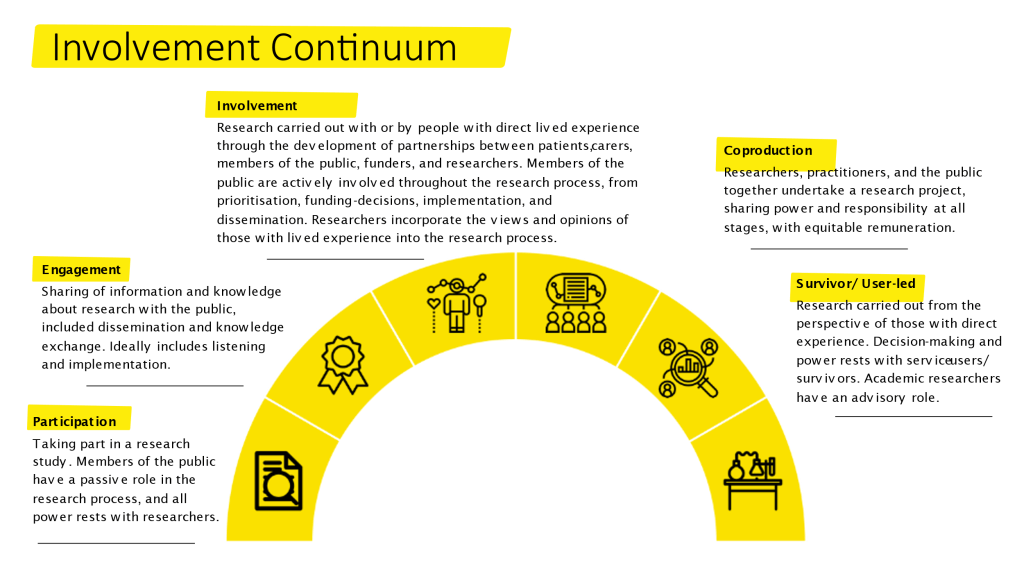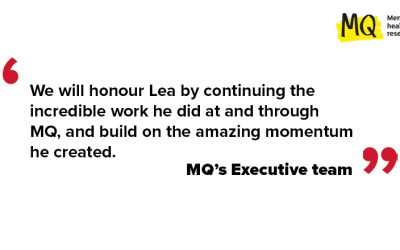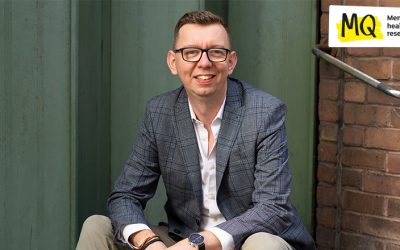The 5th to the 9th of July is national co-production week. This is a time to celebrate the benefits of co-production in research, social care and mental health.
What is co-production?
Co-production is based on the principle: “Nothing about me, without me.” Over recent years there has been a move to increase the involvement of people with lived experience throughout the research process. Involvement means that, when designing research into mental health conditions or providing services, the views and input of the service users and people with lived experience should be taken into account just as much as those of academics and experts.
Co-production takes this a step further. Instead of just consulting people who have lived experience, a co-produced project will have equitable sharing of power, responsibility and remuneration between people who are Experts by Experience and conventional project leaders.
The centre for co-production defines it as “an approach to research, policy and practice in mental health and social care based on the principle that people who use services have valuable knowledge and expertise.”
What does co-production mean in practice?
There is no single model of co-production and the way in which it can be incorporated into research. The important thing is that people with lived experience of the topic in question have equivalent roles in leading the project as the rest of the leadership team.
Bringing together diverse and relevant voices, and working as equals, results in better designed and more successful studies. For example, they have greater buy-in from affected groups, a shared understanding of the goals and reach progress milestones more rapidly.
There is a practical guide for co-production here with more ideas and explanations.
Finding ways of equitable sharing of power, responsibility and remuneration are not insignificant challenges within the current incentive structure. However progress in this area is essential if research is to be truly co-produced.

From participation only to user-led, the approach to involving people with lived-experience in research can be seen on a continuum.
It's much more than sharing a story
Co-production isn’t just about listening to the experiences of people who are potentially impacted by research in order to ‘tick a box’. Meaningful co-production involves people with lived experience in every step of the process, from the design of a study to the sharing of results.
Co-production encourages inclusivity and better representation of groups who have been historically overlooked. There is an urgent need to remove barriers for the inclusion of ethnic minorities and marginalized groups in mental health research.
Through co-production, it is possible to bring these unheard voices into view and build much-needed confidence that they are valued.
MQ’s co-produced research
MQ is working to expand capacity for co-produced research in the sector and seeks to encourage its funded researchers to do likewise. Building on progress in Involvement, barriers to co-production need to be further understood and overcome. For example, MQ is a member of the Lived Experience Working Group of the International Alliance of Mental Health Research Funders and spoke at a recent workshop.
MQ has welcomed increasing conversations about how researchers are motivated by their own personal experience of mental illness. For example, at the recent MQ science summit, Michelle Craske spoke about how her personal family experiences have shaped her research during her keynote speech. (See below)
As well as seeking to increase co-produced mental health research, much of MQ’s funded research has benefited from involvement. Petra Verdes, who uses brain scans to learn more about the impact of schizophrenia on the brain, found that her collaboration with impacted families was a key motivator for her work.
“MQ’s approach to pairing scientists with sponsoring families has a powerful effect in driving action towards impact. Coupled with the fruitful collaborations that being an MQ Fellow has enabled, it has been instrumental in maximising the impact of my work.”
The IDEA project, which took place around the world in Brazil, Nepal, the UK, and Nigeria has now successfully developed a prediction model to identify the young people most at risk of developing depression in later life. The team had planned to next develop a clinical risk detection tool for use internationally in primary care contexts. However, influenced by the views of key stakeholders around the world, the project is instead first researching effective treatments for young people found by the model to be at risk.
Katherine Young, who is studying the impact of the pandemic on young people, held focus groups with young people to hear about different peoples experiences and coping strategies. The sessions were hosted by MQ ambassador Alex Anderson and were valuable in getting feedback on the studies proposed methods for measuring stress.



